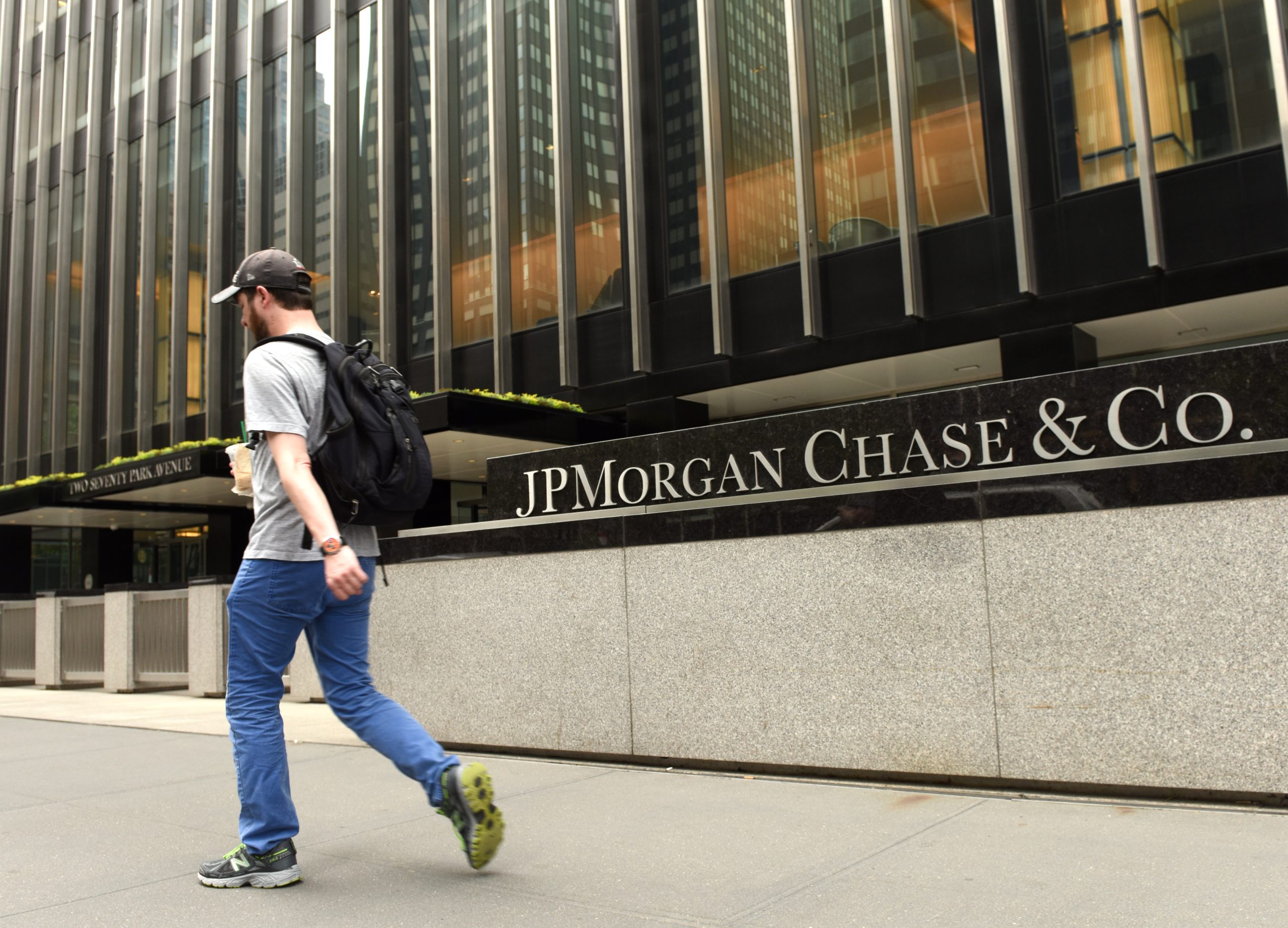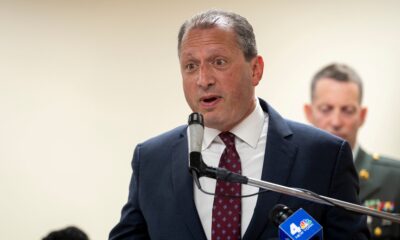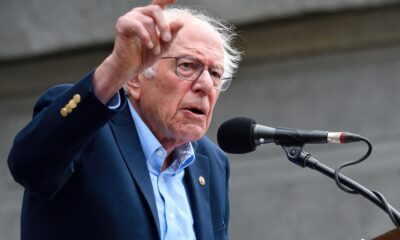JPMorgan CEO Suggests Government, Corporations Should Seize Land From Citizens

In an annual letter addressed to his shareholders, JPMorgan Chase CEO Jamie Dimon called for the federal government and large corporations alike to forcibly take private property from citizens in order to bolster various green energy initiatives, which in his eyes are not coming quickly enough.
In a letter shared Tuesday, Dimon proclaimed that “governments, businesses and non-governmental organizations” will have to use “eminent domain” to attain “adequate investments fast enough for grid, solar, wind and pipeline initiatives.”
He also charged that “governments, businesses and non-governmental organizations” must bring their climate efforts together by starting a “massive global investment in clean energy technologies” that ought to continue growing “year-over-year.”
Eminent domain grants the government power in seizing private property for use of the government after its owner receives what the state deems as fair compensation.
“At the same time, permitting reforms are desperately needed to allow investment to be done in any kind of timely way. We may even need to evoke [sic] eminent domain,” Dimon said, asserting that people should be stripped of their private property rights should it assist the promotion of a green energy agenda.
The JPMorgan CEO observed the “ongoing war in Ukraine is roiling trade relations across Europe and Asia and redefining the way countries and companies plan for energy security.”
JPMorgan recently came under fire after it was revealed that the bank kept disgraced child trafficker Jeffrey Epstein as a client for 5 years after he was convicted of committing lewd actions with minors in 2008.
Upon being asked if JPMorgan should have moved sooner on addressing its relationship with Epstein, with the reporter noting that he remained a client with the bank 5 years after his first trafficking conviction, Dimon unapologetically replied, “Hindsight is a fabulous gift.”
Dimon wrapped up his letter with the argument that the so-called crisis of climate change is “one of the most complex challenges of our time,” opining that “[d]iverse stakeholders” must coalesce and seek the “best answers through engagement around our common interest.” He additionally stressed that “[p]olarization” cannot get in the way of bringing his desired agenda to fruition.
























